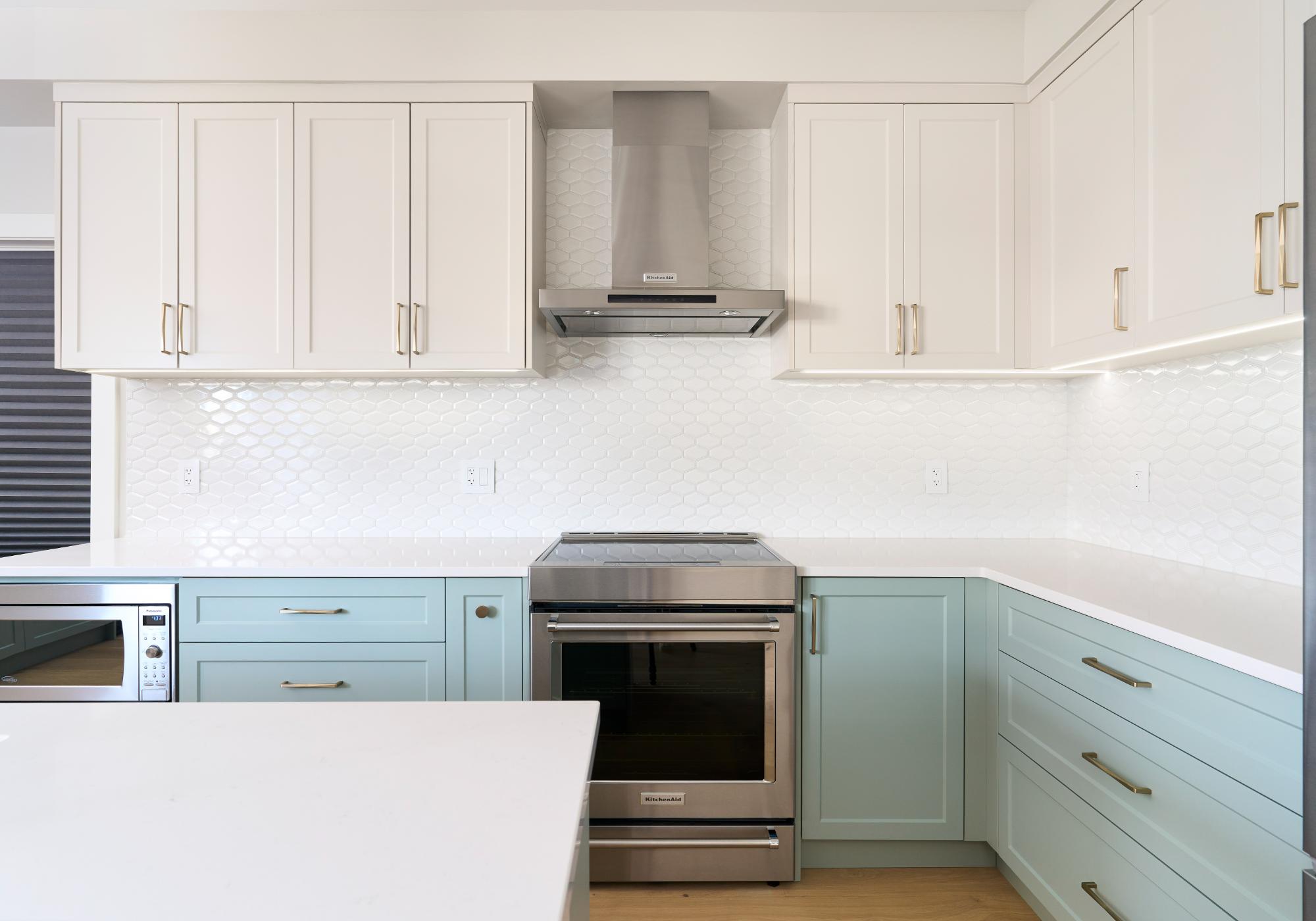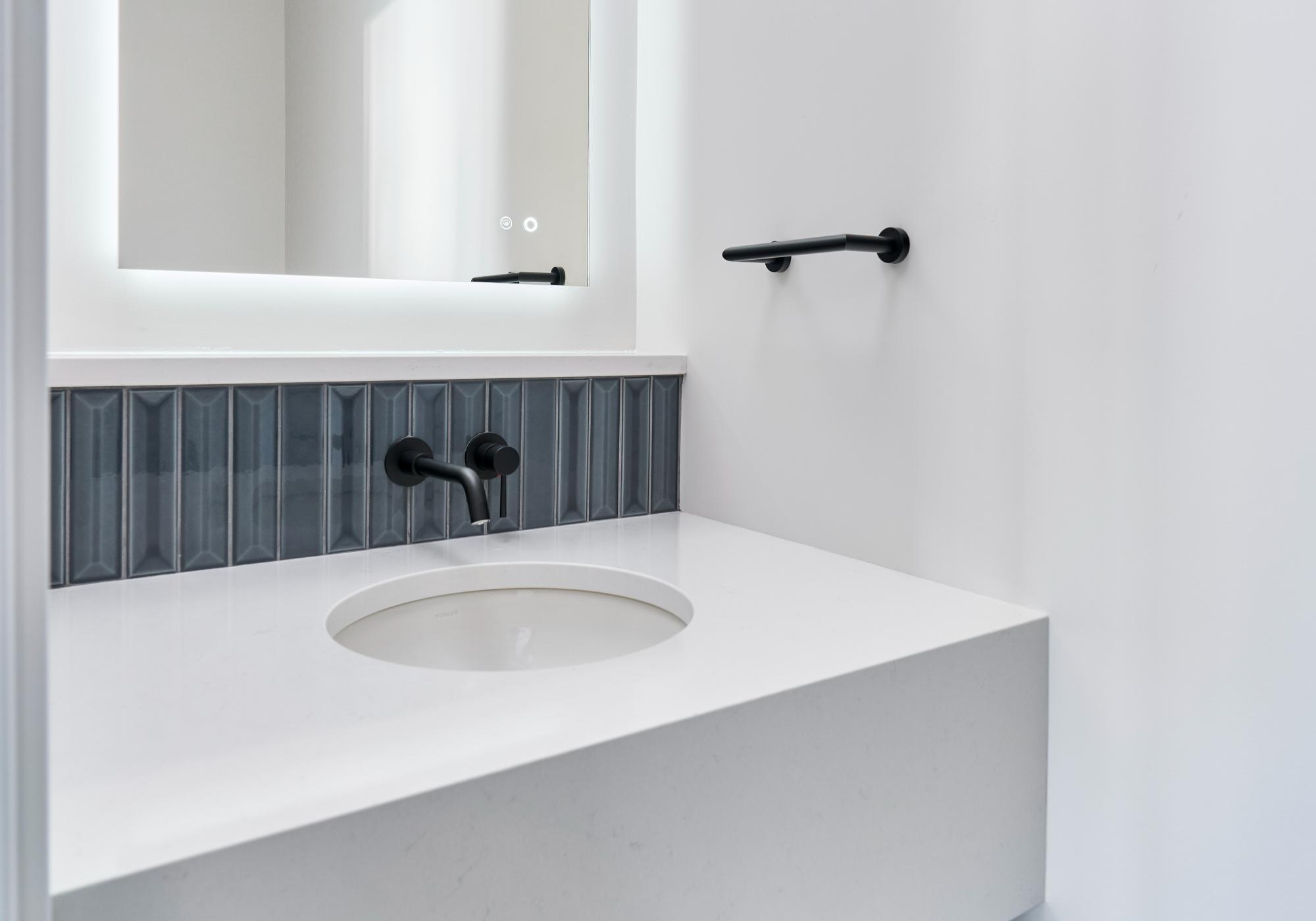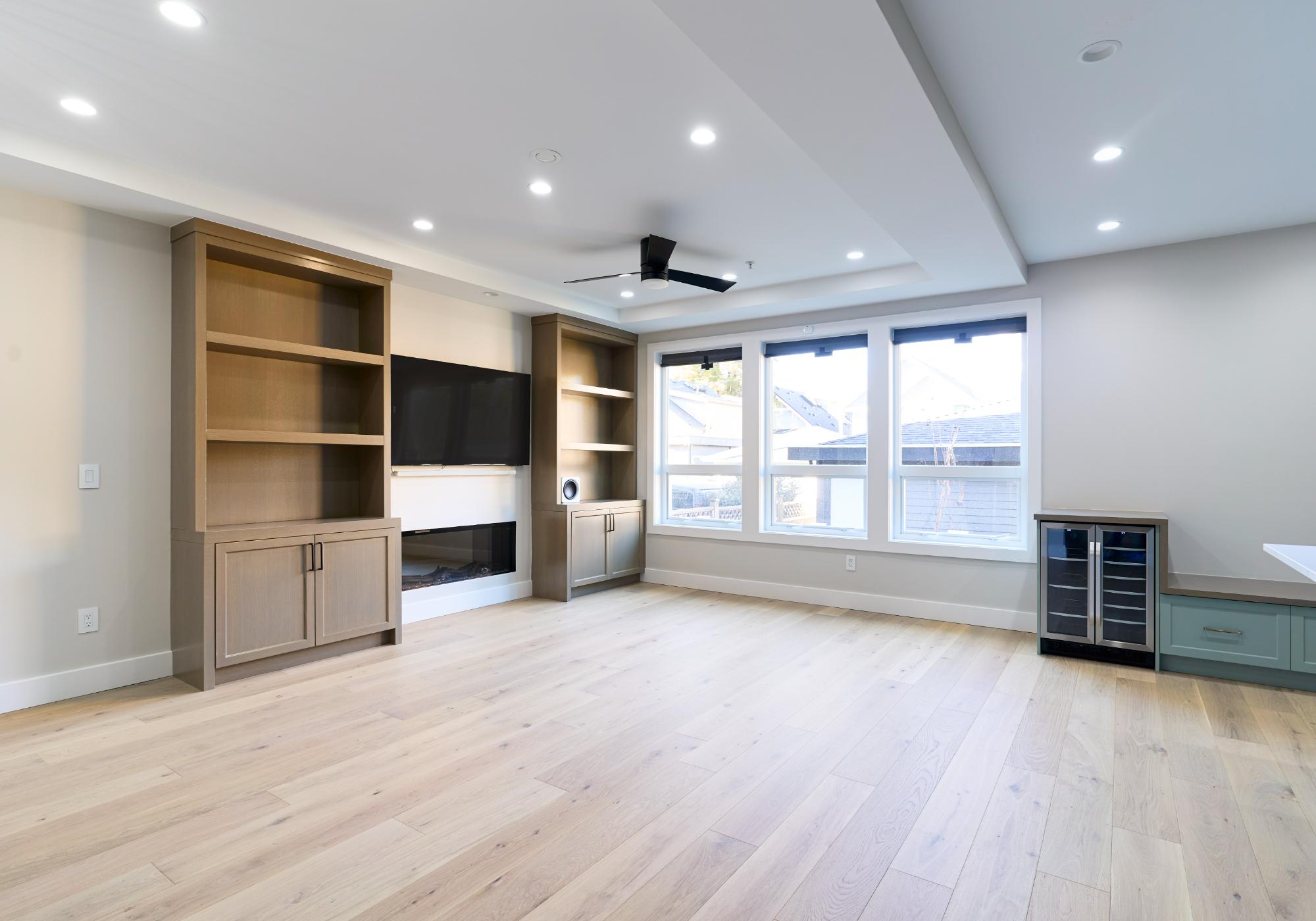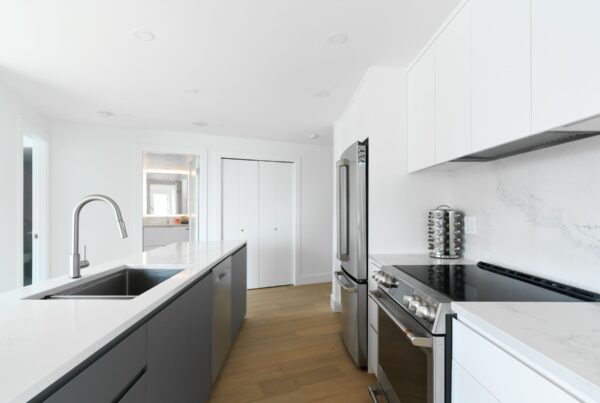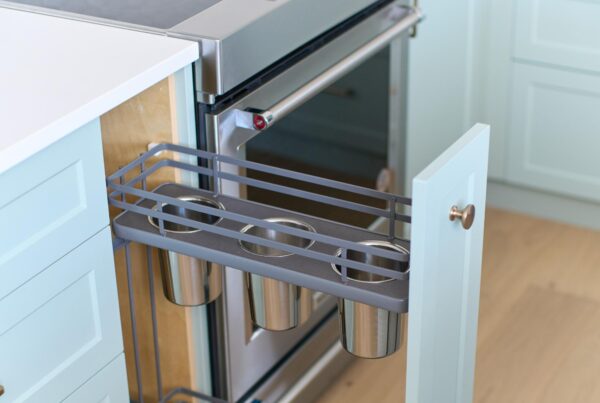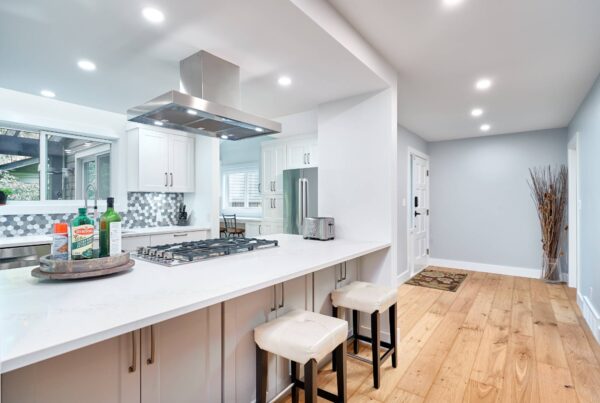For homeowners planning a renovation, budgeting typically involves assessing material prices, contractor fees, and unexpected expenses. However, few realize that tariffs on imported materials can significantly influence these costs. International trade policies might sound distant, but they have very tangible effects on renovation projects right here at home. Understanding exactly how these tariffs influence remodeling costs helps homeowners better anticipate and plan their budgets.
Import Tariffs Directly Elevate Material Costs for Renovations
Tariffs are essentially taxes imposed on imported goods, aimed at promoting domestic industries by making foreign products pricier. When tariffs hit imported construction materials such as tile, cabinetry, or appliances, those higher costs get passed directly onto homeowners. A kitchen renovation that once seemed affordable might quickly become financially challenging due to increased prices on granite countertops or specialty hardware sourced overseas.
Contractors often find themselves adjusting project estimates frequently due to fluctuating import tariffs. For instance, a bathroom remodel using imported Italian marble or fixtures might face sudden cost spikes. Tariffs can cause these materials to jump in price overnight, leaving homeowners frustrated and contractors scrambling to find alternative products or renegotiate project terms to avoid overspending.
Lumber and Steel Price Shifts Impact Remodeling Budgets
Lumber and steel are essential materials in almost any renovation project. Tariffs on imported lumber often trigger noticeable price fluctuations, directly affecting the cost of home improvements. Rising lumber prices from these tariffs increase expenses for framing, flooring, or cabinetry, quickly inflating the budget of projects heavily dependent on wood products.
Similarly, steel tariffs affect home additions or major structural upgrades. Steel beams and supports become pricier, and homeowners might face unexpected financial burdens when planning expansions or renovations involving structural reinforcement. For example, someone looking to open their floor plan or build an extension could find previously reasonable quotes ballooning, requiring difficult financial adjustments or project delays.
Tariff Policies Alter Supply Chain Dynamics for Contractors
Supply chains, often invisible to homeowners, are crucial for efficient renovations. Tariffs disrupt these supply chains by changing the sources contractors rely on for materials. Builders who once sourced affordable products internationally might need to find domestic suppliers, leading to delays and increased costs. When a supply chain breaks down due to tariffs, the delays ripple outward, frustrating contractors and homeowners alike.
Contractors adapt by seeking new suppliers, but shifting to local or alternate international markets can mean higher expenses and extended timelines. Supply chain disruptions may force contractors to delay projects while they wait on necessary materials or substitute with potentially inferior options. These adjustments don’t only add to project timelines—they can compromise quality, leaving homeowners unhappy with the outcome.
International Trade Changes Drive Up Local Renovation Expenses
Global trade might seem far removed from local home improvements, but shifts in international trade relationships directly affect renovation budgets. Trade wars or policy adjustments, especially with major exporting countries, create price instability for key renovation products. Even minor diplomatic disagreements can drive prices upward quickly, adding unforeseen complexity to project planning.
For example, if trade tensions arise with a country known for supplying quality ceramic tiles or glass, the immediate impact appears at local stores or distributors. Homeowners planning detailed finishes for their bathrooms or kitchens find prices higher than expected, pushing them over budget. Being aware of these global dynamics helps homeowners better understand why certain products suddenly cost more than originally planned.
Increased Duty Rates Raise Flooring and Fixture Pricing
Homeowners rarely think about duties when choosing flooring and fixtures, yet tariffs increase these costs significantly. Imported hardwood flooring, luxury vinyl tiles, and even simple bathroom fixtures become notably pricier when duties rise. What was initially a cost-effective choice for flooring can become a luxury item overnight, forcing homeowners to reconsider their selections.
Increased duties don’t just impact luxury or high-end finishes; even everyday fixtures like sinks and lighting fixtures from popular international manufacturers become costly. These changes compel homeowners to choose alternative products, potentially sacrificing design preferences or quality. Understanding how these costs connect directly to duty rates empowers homeowners to budget more realistically from the start.
Homeowners Face Higher Renovation Quotes Due to Tariffs
Tariffs indirectly raise the quotes homeowners receive from contractors. Contractors factor in the unpredictable cost of imported materials into their bids, often padding estimates to safeguard against price hikes. As a result, homeowners face higher initial quotes, which might discourage or delay renovation plans entirely.
Additionally, contractors who typically offer stable pricing now must account for possible tariff-induced fluctuations. Homeowners, unprepared for these higher-than-anticipated quotes, often find themselves reducing project scopes or postponing improvements altogether. A realistic understanding of tariffs enables homeowners to better manage expectations, helping them to avoid disappointment or abrupt project cancellations.
Tariff-Induced Material Shortages Influence Project Timelines
Beyond raising costs, tariffs often create material shortages that slow renovations. High tariffs can lead suppliers to import fewer goods, creating scarcity. Contractors waiting for specific imported materials face delays, significantly extending renovation timelines and causing homeowners considerable inconvenience and stress.
Shortages force contractors to seek alternatives or wait longer periods to receive materials, extending completion dates. Homeowners, often unaware of how tariffs influence availability, may face frustrating and costly delays. Clear communication about these potential shortages helps homeowners set realistic project timelines and minimize frustration throughout the renovation process.
Choose Lower Coast Building Group for Stress-Free, Affordable Renovations Amid Tariff Uncertainty
Navigating home renovations during uncertain tariff conditions can feel overwhelming, but it doesn’t have to. Lower Coast Building Group understands these complexities and specializes in managing projects efficiently, even when material costs fluctuate due to global economic shifts. Our expertise helps homeowners keep renovations on budget and on schedule, ensuring peace of mind and reliable results, no matter how tariffs affect market conditions.
Avoid unexpected renovation headaches caused by international trade disputes by partnering with a knowledgeable, experienced team. Lower Coast Building Group prioritizes transparency and consistent communication, guiding homeowners through every step of the renovation process. For a seamless renovation experience without the worry of tariff-related price hikes, Contact us today to start your next successful project.


